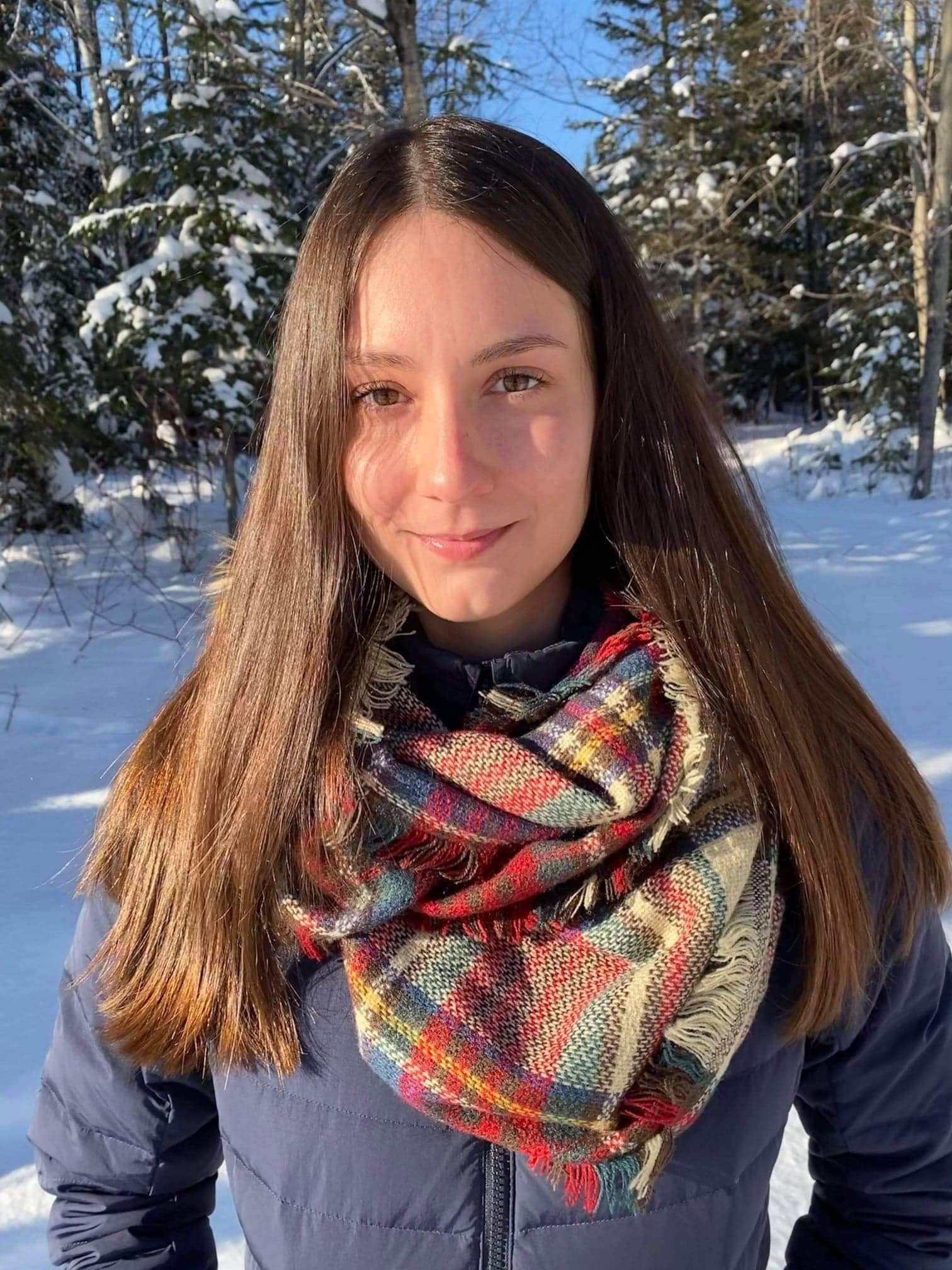App: Equal Access Fredericton
Hosted in ArcGIS Online:
Mission statement
Inequality is growing for more than 70 per cent of the global population and in the wake of the COVID-19 pandemic, the most vulnerable groups are being hit the hardest. Often portrayed in the corporate media and official politics as a “kinder,” more “progressive” society, a report released on June 17, 2020 by the Parliamentary Budget Officer (PBO) reveals staggering levels of social inequality in Canada. New Brunswick, being the poorest province in Canada, also experiences its fair share of inequalities and Fredericton, the capital city, is no different. Recent efforts by the provincial government to attract newcomers to stay and remain in New Brunswick means new facilities and resources will be developed and efforts need to be put in place to ensure equitable distribution.
Inequalities in society are systemic and it will take an intentional and planned effort to bridge the gap to ensure wellbeing and equal access to resources for all. The mission of The Equalizer team is to access the geospatial and economic data available for the city of Fredericton to create an app that will highlight disparities in resource distribution and income which stretch the inequality gap within society. We hope to use this app as a starting point for the provincial and municipal government and authorities, as well as private corporations and non-governmental organizations, looking to implement interventions to reduce inequities (ex. new service placement). It will also serve as a routing app for people to use to access facilities and resources to help improve their lives and make Fredericton a better place.
Video Presentation
Documentation
- README.md
- Equal Access Fredericton App Characteristics.docx
- Equal Access Fredericton Mission Statement.docx
Team Members
 Heidi Harding: Heidi is a second year Master of Science in Forestry student. Her research is looking at the availability and usage of nesting habitat by cavity-nesting ducks in the lower Wolastoq (Saint John) River floodplain. GIS is an integral part of her research, allowing her to identify suitable forest habitat and habitat-level characteristics that may help determine nesting habitat use. Her research is supported by Ducks Unlimited Canada, who will use her results to help inform management and conservation actions. She has a background in biology, education, and technology training, and enjoys reading, painting, and gardening in her free time.
Heidi Harding: Heidi is a second year Master of Science in Forestry student. Her research is looking at the availability and usage of nesting habitat by cavity-nesting ducks in the lower Wolastoq (Saint John) River floodplain. GIS is an integral part of her research, allowing her to identify suitable forest habitat and habitat-level characteristics that may help determine nesting habitat use. Her research is supported by Ducks Unlimited Canada, who will use her results to help inform management and conservation actions. She has a background in biology, education, and technology training, and enjoys reading, painting, and gardening in her free time.
 Kamille Lemieux: Kamille is a first year Master of Science in Forestry student. Her research is on LiDAR-based potato crop suitability mapping along the Upper Saint John River Valley in New Brunswick. This project will hopefully improve New Brunswick's food security strategy, especially in terms of expanding farming activities across forested lands deemed most suitable and accessible for farming. She chose a research project that will allow her to learn and apply new and existing GIS skills. During her free time, Kamille enjoys doing outdoor activities such as snowboarding, snowshoeing, kayaking, and gardening.
Kamille Lemieux: Kamille is a first year Master of Science in Forestry student. Her research is on LiDAR-based potato crop suitability mapping along the Upper Saint John River Valley in New Brunswick. This project will hopefully improve New Brunswick's food security strategy, especially in terms of expanding farming activities across forested lands deemed most suitable and accessible for farming. She chose a research project that will allow her to learn and apply new and existing GIS skills. During her free time, Kamille enjoys doing outdoor activities such as snowboarding, snowshoeing, kayaking, and gardening.
 Nana Agyei Owusu Afriyie: I am an international student from Ghana, currently in my first year in a Master of Science in Forestry program at UNB. My current research work involves using geospatial data in hydrological modelling on forest supply roads in New Brunswick. I have a background In Natural Resource Management and Environmental Science and my previous research work involved using remote sensing and GIS for wildlife management. This is my first time being an ECCE associate and I am very excited about the opportunities that come with learning new ESRI courses and being part of the seminars. Outside of class, I spend time playing basketball and listening to music.
Nana Agyei Owusu Afriyie: I am an international student from Ghana, currently in my first year in a Master of Science in Forestry program at UNB. My current research work involves using geospatial data in hydrological modelling on forest supply roads in New Brunswick. I have a background In Natural Resource Management and Environmental Science and my previous research work involved using remote sensing and GIS for wildlife management. This is my first time being an ECCE associate and I am very excited about the opportunities that come with learning new ESRI courses and being part of the seminars. Outside of class, I spend time playing basketball and listening to music.